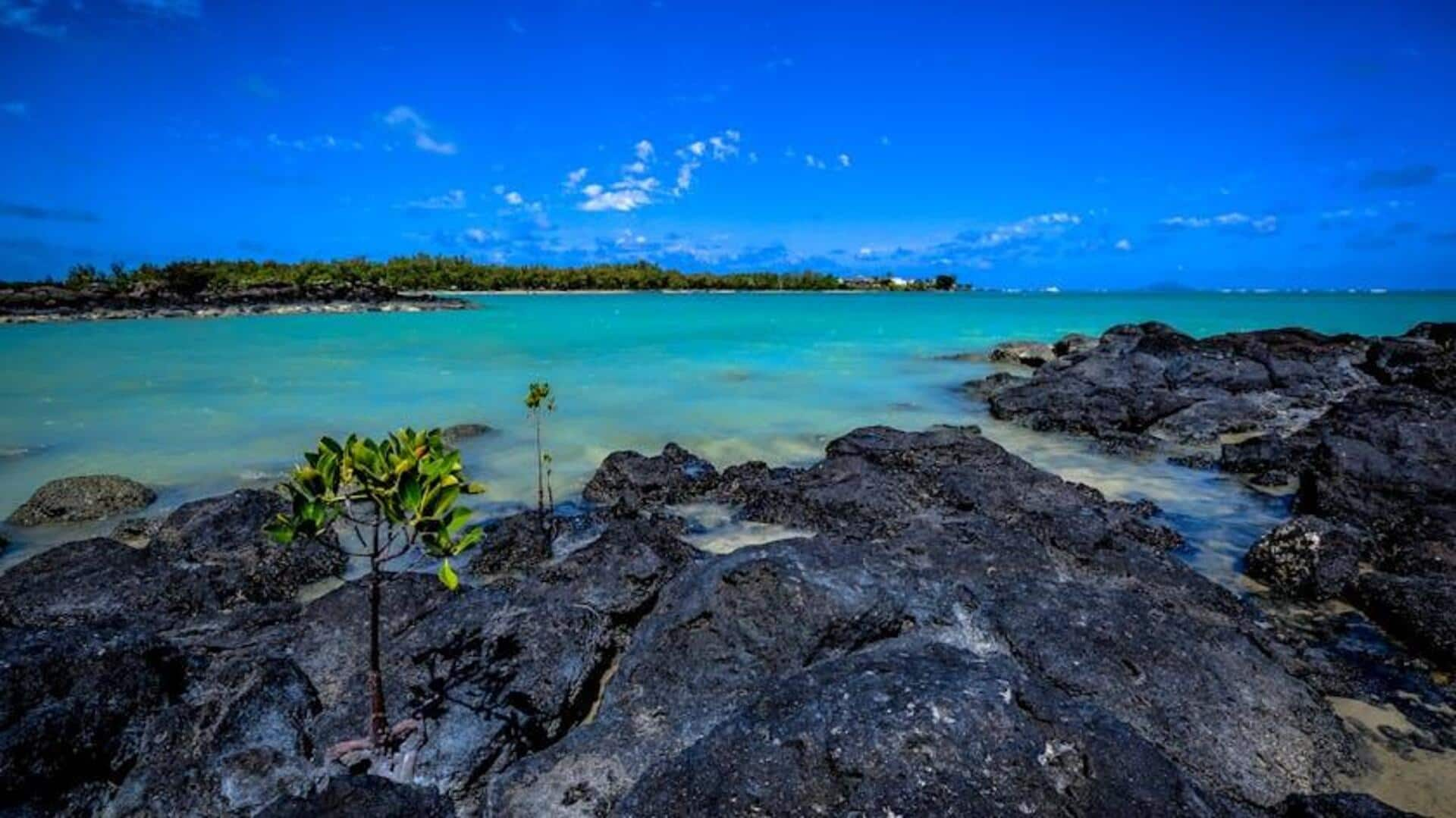
How to find hidden freshwater lagoons
What's the story
Exploring hidden freshwater lagoons is a great way to enjoy a unique swimming experience, away from the throngs of crowded beaches and pools. These secluded spots offer a calm environment where nature flourishes, offering crystal-clear waters and verdant surroundings. Whether you're an adventurer or someone seeking peace, these lagoons promise a magical getaway. Here's how to discover these hidden gems and tips to make the most of your visit.
Location tips
Finding secluded lagoons
To discover hidden freshwater lagoons, research areas that are famous for their natural beauty but are not as frequented by tourists. National parks and remote countryside locations are often home to such gems. Online maps and local guides can help you pinpoint possible spots. Interacting with local communities can also give you insider knowledge about lesser-known spots.
Safety precautions
Safety first in natural waters
Swimming in natural waters calls for a head on your shoulders. Check water conditions before diving in, as currents can be unpredictable. Always swim with a buddy for added security, and inform someone about your whereabouts if venturing alone. Carrying a basic first-aid kit is advisable for any minor injuries that might occur.
Environmental care
Respecting the environment
When you visit these pristine locations, it's important that you respect the environment. Don't leave behind any trash; carry reusable containers instead of disposable ones. Stick to designated paths to avoid disturbing local flora and fauna. By minimizing your impact, you ensure that these beautiful spots remain preserved for other visitors.
Timing advice
Best time for lagoon visits
The best time to visit freshwater lagoons is early morning or late afternoon when the sun isn't too harsh and the temperatures are comfortable enough to swim. Weekdays are better than weekends if you want to avoid crowds altogether. Checking weather forecasts makes sure you plan around rains or storms that may affect water's clarity or safety.